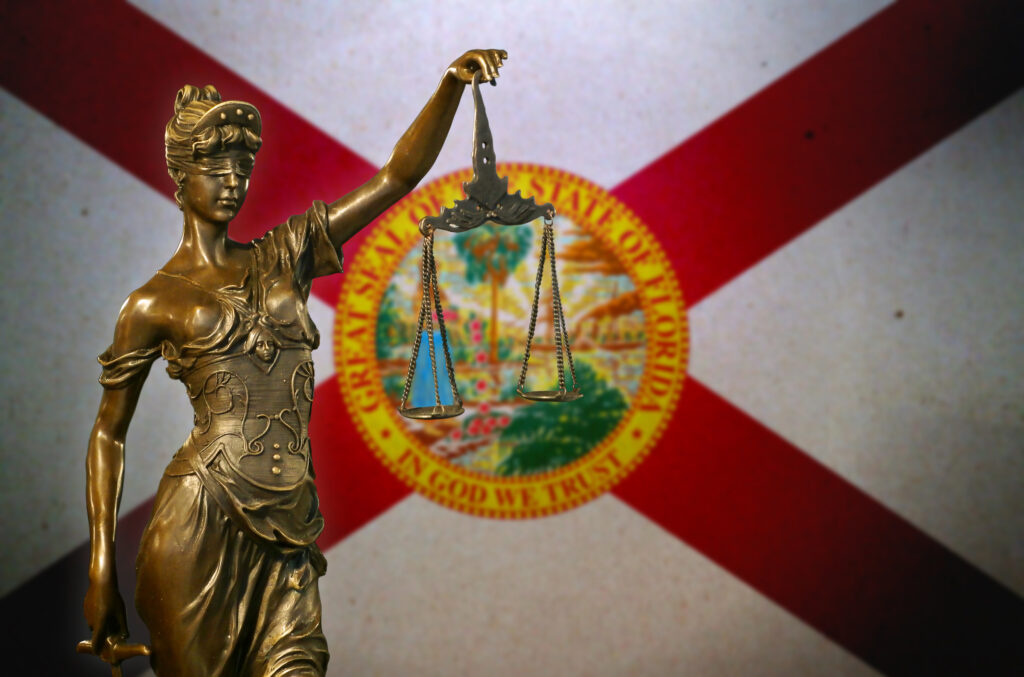By Lisa A. Rickard
President, U.S. Chamber Institute for Legal Reform
In The Wizard of Oz, the “wizard” famously exclaims, “pay no attention to the man behind the curtain!” when Dorothy’s dog Toto pulls back a curtain exposing him as a normal man and not a mystical being. While the self-serving quote may originate somewhere over the rainbow, it’s akin to the real world-logic of today’s litigation funding industry.
In February, three of the world’s largest litigation funders—hedge funds that “invest” in lawsuits for a cut of any award or settlement—wrote to the Advisory Committee on Civil Rules, the entity that writes rules for federal courts. Their purpose was to push back on the business community’s call, led by the U.S. Chamber Institute for Legal Reform (ILR), for the Committee to mandate transparency for litigation funding so that funders do not continue to undermine plaintiffs’ control of a case, unnecessarily prolong litigation, and fuel more questionable lawsuits.
Today, ILR Chair Brackett Denniston answered the funders’ misleading arguments to the Advisory Committee with a letter of his own. Denniston first tackles an argument that would make The Wizard proud: funders’ claim that pouring billions of dollars into lawsuits is not relevant to litigants since it is not covered by relevant evidence rules. Denniston points out that, much like requirements that defendants must disclose insurance to plaintiffs, defendants have a right to know about the presence of funding “to make a realistic assessment of the case,” and to identify potential conflicts of interest or ethical violations.
Denniston also debunks the funders’ claim that insurance and litigation funding are different because funders do not control cases. He cites several examples of litigation funding contracts that have come to light explicitly giving funders control over who litigates cases and how.
Denniston also rebuts the funders’ assertion that courts already have the power to compel disclosure when concerns “arise every so often.” He states, “Concerns will only arise unless the parties and courts have knowledge of them, knowledge they cannot obtain without seeing the funding agreements.”
Denniston concludes by zeroing in on funders’ assertion that businesses strongly support lawsuit funding. As a 20-year head of litigation and general counsel for a major U.S. company, he voices skepticism of the claim, and says, “whether companies use funding or not has no relevance to whether these arrangements should be as secret as a Grand Cayman bank account.”
The Advisory Committee has inched forward by examining litigation funding and its impact, and its next opportunity to address the issue comes at its gathering in early April. Regardless of what happens next, when businesses see a top funder claiming that the industry has funneled over $100 billion into lawsuits worldwide, another Oz-ism likely comes to mind: We’re not in Kansas anymore.



